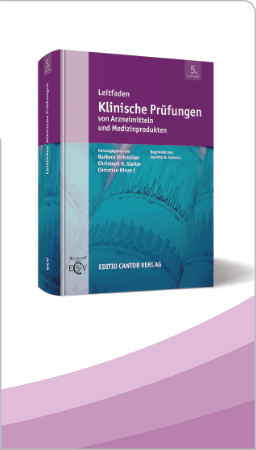Was die Qualified Person über Whistleblowing wissen sollte
Situation vor Ratifizierung der europäischen Hinweisgeberschutzrichtlinie
Gesetz und Recht
Abstract
What the Qualified Person Should Know About Whistleblowing – Current Situation
Whistleblowers are people who, for altruistic motives, bring serious grievances to the public in their work environment. In Germany, there is not only a lack of a legal definition, but also a lack of nationally standardized regulations to protect whistleblowers inter alia from possible disadvantages in the workplace, which may arise for them due to the information they reveal. This situation is going to be changed by the end of this year through the ratification of Directive (EU) 2019/1937 of the European Parliament and of the Council of the EU on the protection of persons who report breaches of Union law, which came into force in Dec. 2019.
In the following, the fates of some well-known whistleblowers are presented as examples. The article then gives an orienting overview of the regulations set out in various laws in Germany and the decision-making criteria developed by the jurisprudence of the Supreme Court that so far have been applicable to this problem. Due to the complexity of the subject, neither the contents of the cited paragraphs can be discussed in detail, nor should the claim to completeness be made. Since every whistleblower situation is a matter of individual case, at the end of the article, those, who may be potentially involved, are recommended to seek competent advice and, if necessary, legal support at an early stage.
Zusammenfassung
Als Whistleblower oder Hinweisgeber werden Personen bezeichnet, die maßgeblich aus altruistischen Motiven heraus gravierende Missstände in ihrem Arbeitsumfeld an die Öffentlichkeit bringen. In Deutschland mangelt es bislang nicht nur an einer Legaldefinition dieses Begriffs, sondern auch an einer national einheitlichen Regelung zum Schutz von Whistleblowern vor allem vor möglichen Nachteilen am Arbeitsplatz, die ihnen aufgrund der von ihnen aufgedeckten Informationen entstehen können. Diese Situation soll sich nun bis Ende 2021 durch Ratifizierung der im Dez. 2019 in Kraft getretenen Richtlinie (EU) 2019/1937




